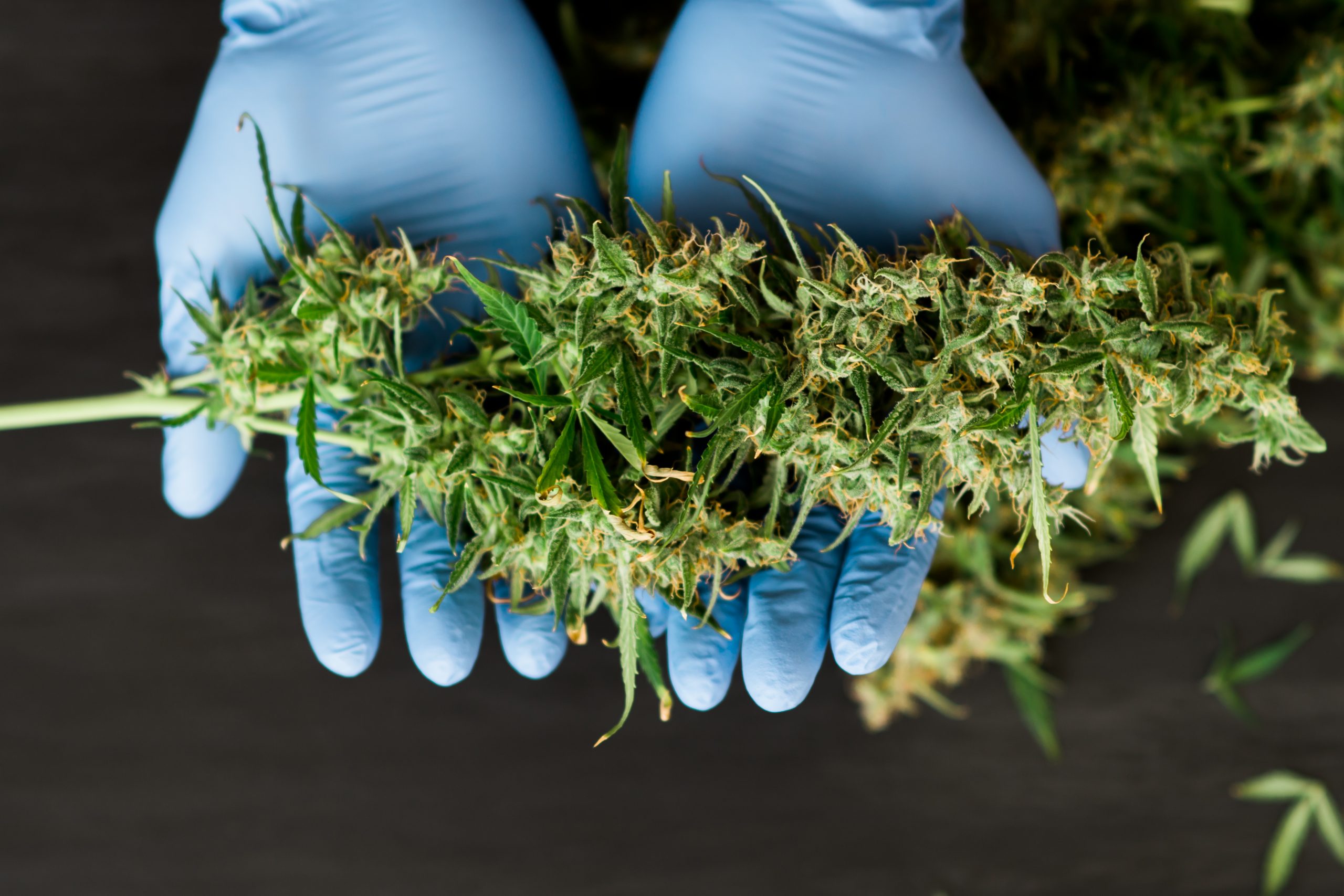President Donald Trump signed an executive order today (December 18) directing the reclassification of marijuana as a less dangerous drug, marking a significant shift in U.S. federal drug policy. The move would downgrade cannabis from a Schedule I substance—alongside heroin and LSD—to Schedule III, a category that includes ketamine and some anabolic steroids. While the change would not legalize recreational marijuana nationwide, it could ease regulations, lower tax burdens on the cannabis industry, and expand opportunities for medical research.
The order is expected to accelerate a review process already underway at the Drug Enforcement Administration, which typically involves extensive public consultation. A similar reclassification effort was proposed under former President Joe Biden, but Trump’s decision has drawn mixed reactions within his own party. Some Republicans strongly oppose any change, arguing marijuana remains harmful to public health and safety, while public opinion has shifted sharply in favor of legalization, with recent polling showing more than two-thirds of Americans support a less restrictive approach.
Trump’s order also calls for expanded research into cannabis and increased access to CBD products. While the president has emphasized a tough stance on drugs such as fentanyl, he has framed marijuana policy as an area where federal rules should better reflect state-level changes. More than 20 states have legalized recreational marijuana or allow medical use, though federal law has continued to impose stricter limits and potential criminal penalties.










